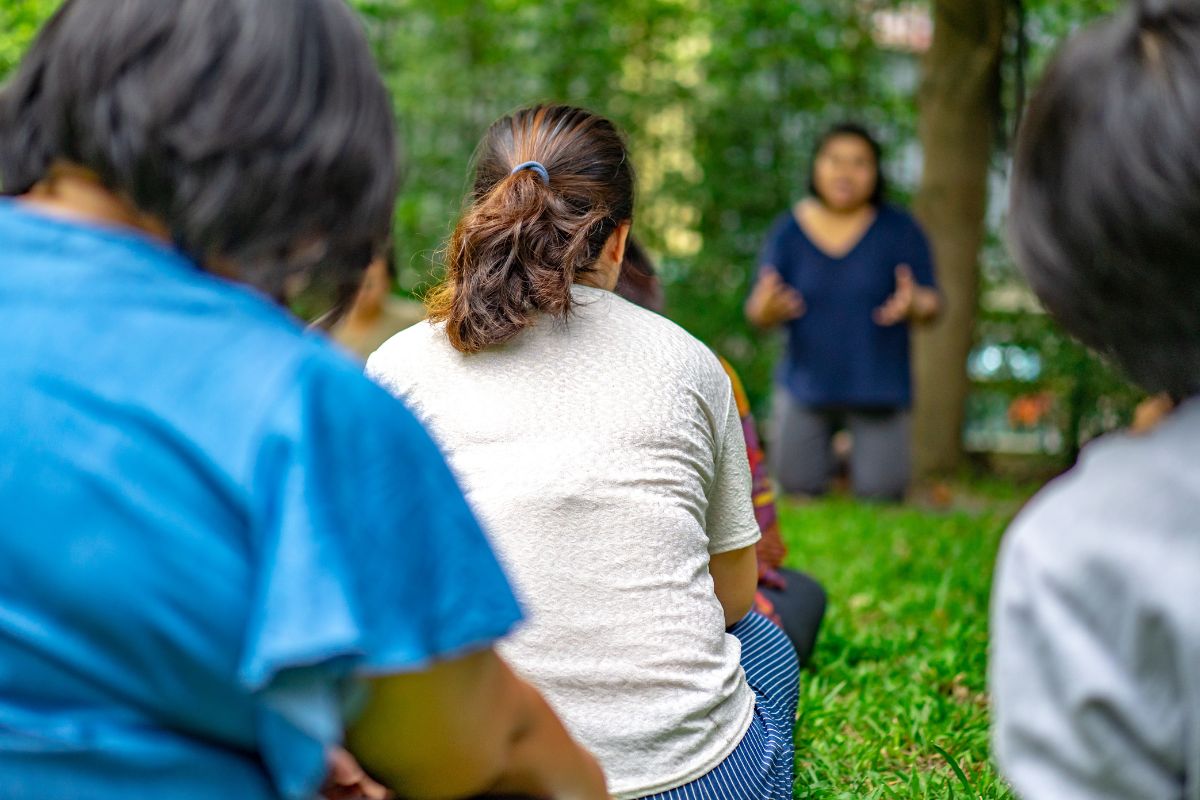White River Academy is a therapeutic residential treatment center for troubled males from ages 12 through 17. Our students learn to confront and overcome their problems in a structured, safe and secure environment. Our highly individualized programs incorporate experiential learning, academic curriculum, community service, a positive peer culture and therapies aimed at promoting adolescent’s personal growth, character and integrity. Our goal is to provide healing for our students in the most constructive and positive manner possible. We help students address their behaviors in a way that allows them to move forward from a developmental standpoint and become better adjusted on their road to adulthood.
White River Academy utilizes a developmental approach to help students constructively address their behavioral problems and better adjust socially, emotionally, behaviorally and psychologically. Students learn and acquire developmentally appropriate social skills and behaviors, including self-regulation and problem-solving abilities.

Graduation Success Rate
The Developmental Vacation™ treatment model is a relationship-based model that was developed by clinical psychologist Daniel Sanderson, Ph.D., to describe adolescents’ refusal to accept responsibility for their actions, avoidance of certain psychological tasks that foster their identity, and lack of participation in the life tasks they need to learn, grow and mature.
Some of the behaviors indicating that adolescents are on a developmental vacation include:
According to the Developmental Vacation™ model, the initial goals of treatment are to interrupt the patterns of the adolescent’s behaviors that are allowing them to stay on their developmental vacation. This approach emphasizes disrupting the teens’ dependencies so that they may begin their developmental process by learning to cope with issues and take responsibility for their problems.
To combat adolescents’ developmental vacation and resolve negative behavior patterns, White River Academy ensures that students take responsibility for their own actions, helps guide them toward developmentally appropriate tasks that strengthen their values and character, and disrupts the dynamics so that the adolescents cannot maintain their dependencies.



The goal is to provide adolescents with experiences that assist them in acquiring competencies, knowledge and coping mechanisms they need to live independent and responsible lives as adults.
The Developmental Vacation™ model also emphasizes the importance of helping adolescents reconnect with their innate potential and sense of purpose. By addressing the underlying issues behind their avoidance behaviors—such as low self-esteem, unresolved trauma, or peer influence—this treatment model provides a framework for fostering personal growth. Through supportive relationships and structured guidance, it helps teens build the skills and resilience needed to navigate life’s challenges and transition into adulthood successfully.
Reactive Attachment Disorder (RAD)
Anxiety
Post-traumatic stress disorder (PTSD)
Depression
Anxiety
Low self-esteem
Learning difficulties
Difficulty regulating emotions
Cognitive and language delays
Sleeping and eating difficulties
Aggression
Hyperactivity
Excessive attention-seeking behavior
Behavior problems
Inability to form meaningful relationships
To feel safe and develop trust, children need a consistent and caring environment with parents or caregivers who consistently meet their emotional and physical needs. Reactive attachment disorder (RAD) is a rare but serious condition that arises in infants and children who are unable to establish an attachment relationship with parents or caregivers early in life.
Children who develop RAD may exhibit the following symptoms:
Withdrawal, fear, sadness or irritability with no apparent cause
Unresponsive or resistant when provided comfort and care
Lack of emotion or smiling
Lack of participation in social interactions
Lack of desire to be picked up or held
Lack of interest in childhood games such as peek-a-boo
Lack of stranger anxiety or wariness
Inappropriate physical boundaries with strangers
Excessive sociability with strangers
Although it is not clear why some infants and young children develop this disorder, individuals are more likely to develop RAD when they experience repeated changes in primary caregivers or are persistently denied their basic physical and emotional needs for affection, nurturance, safety and care. The risk for developing RAD also increases when children grow up in environments that prevent them from developing healthy and stable emotional attachments. Children may be more likely to experience such neglect when they grow up in orphanages and foster care, or have caregivers with intellectual disabilities, social isolation, drug or alcohol dependence, or who lack parenting skills.